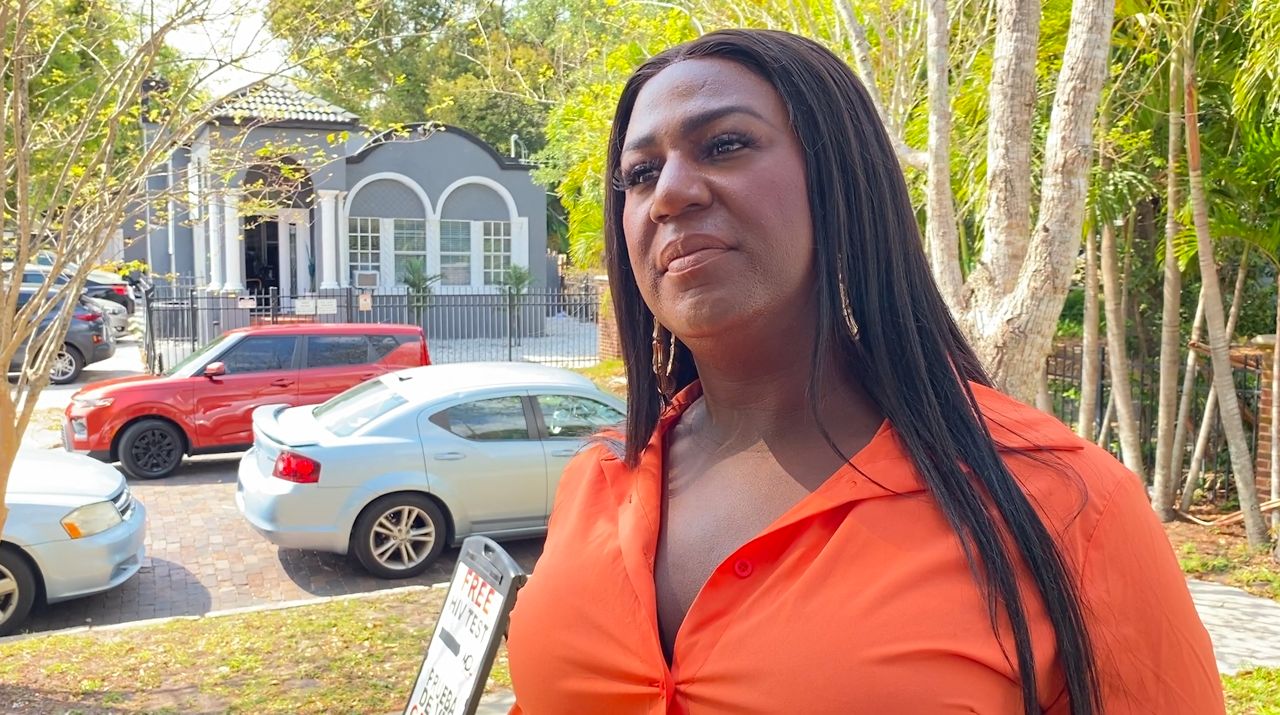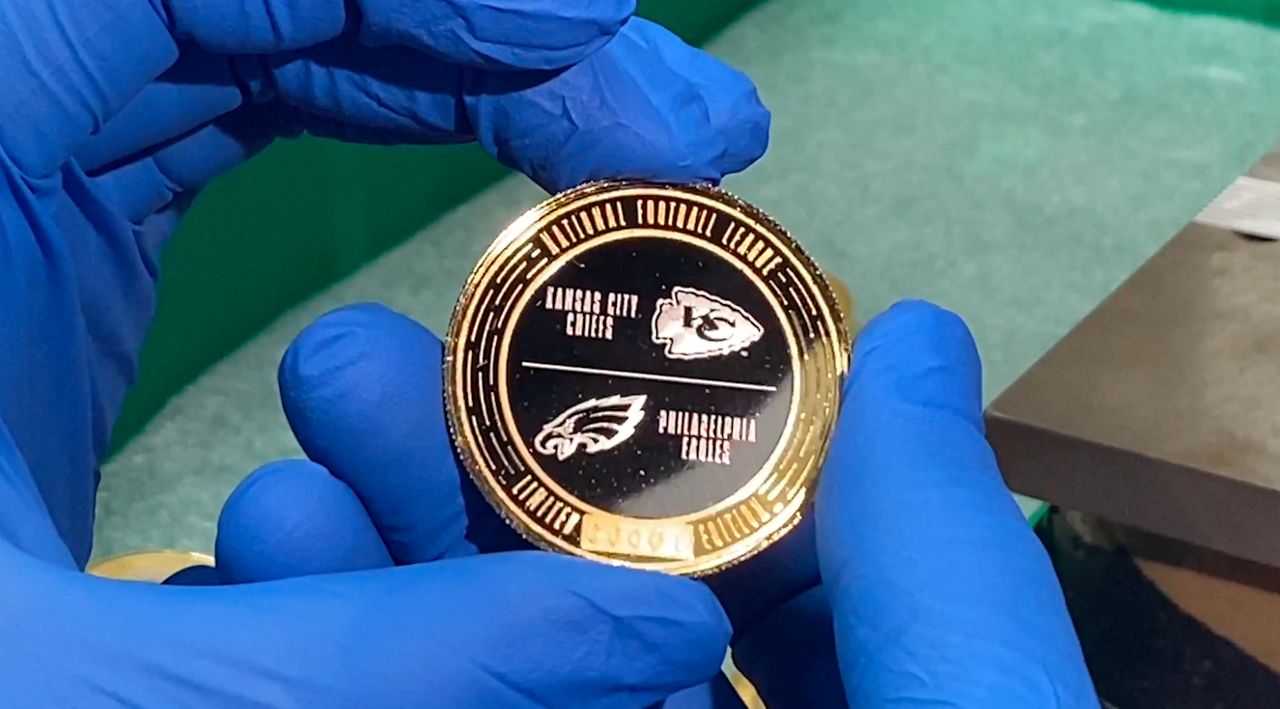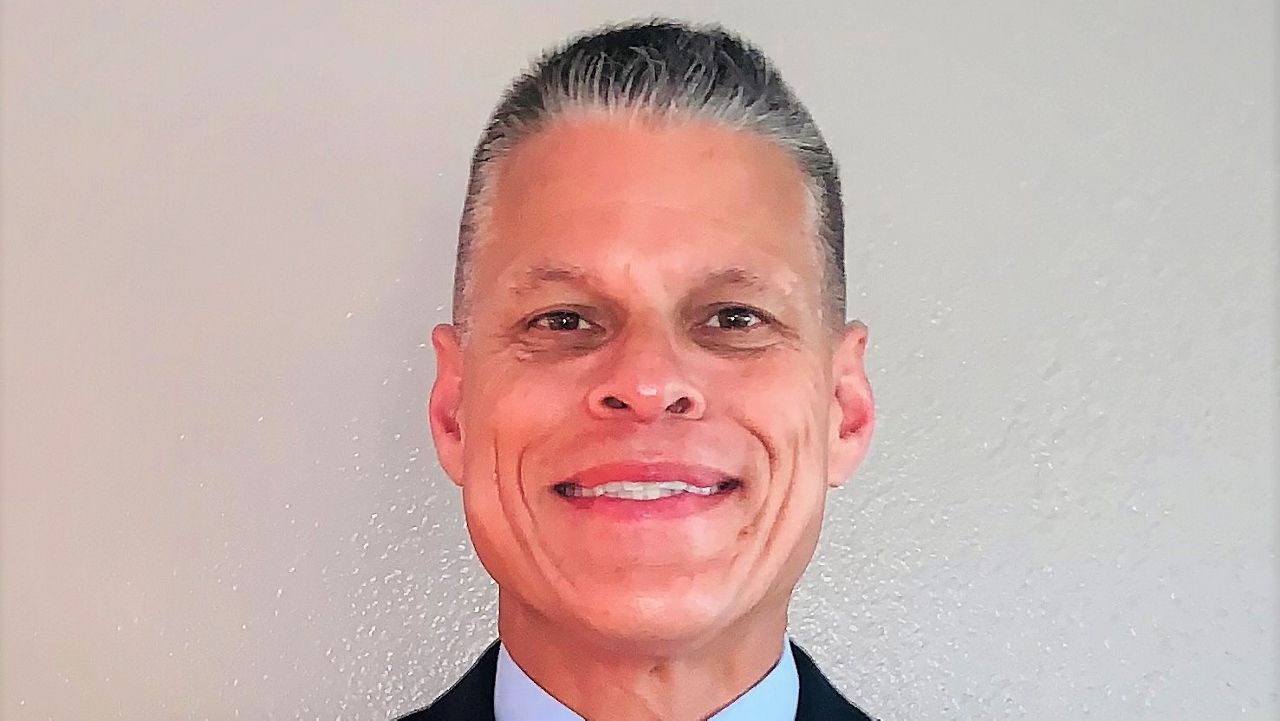Kevin Shenkman’s Malibu law practice is a long way from his Detroit roots. Far from his days boxing in New York City’s storied Gleason’s Gym, where he went 2-0 in light heavyweight matches that earned him little more than cab fare and beer money.
Since he’s come west, Shenkman has emerged as a force in California voting rights law, both celebrated and despised.
A decade into a career he never planned on, he’s in the midst of perhaps his biggest case, a pitched battle with the city of Santa Monica which has now arrived on the desk of the State Supreme Court.
It concerns the California Voting Rights Act of 2001, which requires cities with at-large elections to switch to district elections where there are underrepresented minorities. It also allows private lawyers to seek legal fees from voting jurisdictions they defeat in court.
The stakes are high.
Should he win, the firm he runs with his wife, Shenkman & Hughes, stands to be the headliner of a multimillion-dollar award, or what Shenkman believes could be the most expensive voting rights case in American history.
A loss would mean six years of work, gone and a possible rethinking of how the CVRA is implemented.
Shenkman’s journey began in 2011 when he received a call from Darren Parker, the chair of the California Democratic Party Black Caucus. He was looking for a lawyer willing to go after the city of Palmdale, alleging that it hadn’t done enough to create equity in its voting system as stipulated by the CVRA. The law had been in effect since former Gov. Gray Davis had signed it into law a decade earlier, but it hadn’t been tested, not in high-profile litigation.
Eight days of trial and Shenkman won his first big case, a $4.6 million award split between him and other lawyers he brought in for support.
Once Palmdale lost, Mayor Jim Ledford said, “It's not about Black, white or brown. It's about green."
It’s a quotation Shenkman committed to memory, and ever since he’s continued issuing letters to water boards, city councils and school districts to compel them to change their systems.
The law allows Shenkman to collect more than $30,000 for each letter he sends, a change to the law that was made after he filed against Santa Monica.
Sometimes vilified as a lawyer just chasing another buck, or lauded as civil rights warrior, Shenkman doesn’t think of himself as either.
“There are very few areas of the legal profession where you can do well and do good at the same time,” Shenkman said.
A believer in the law and what it stands for, Shenkman has been aggressive, creating some blowback in his personal life. Shenkman had been part of a team representing Malibu in separation talks between its school district and Santa Monica’s. Once he issued a letter to the city challenging it’s election system, Santa Monica broke off negotiations. He resigned so talks could proceed.
Sentiment toward Shenkman has oscillated over the years, often from admiration to disdain. Conservative news outlet "Breitbart News Network" wrote a lengthy profile of him which dove into the annoyance he’s caused to politicians and voting jurisdictions. In response, a glowing "Los Angeles Times" column appeared shortly after.
Some take objection to the profits he’s won from his legal work in service of the CVRA.
“Don’t blame Kevin if you don’t like it, blame the California legislature,” said Rick Hasen, a University of California, Irvine political science and law professor who once taught Shenkman at Loyola Marymount.
Other critics said his zeal to issue letters risks eroding faith in the law and risks turning public sentiment into what should continue to be a civil rights victory.
Douglas Johnson, president of the National Demographics Corporation who has appeared as an expert witness in defense of voting jurisdictions, said Shenkman overwhelmingly leads in these kinds of filings.
He estimates Shenkman has filed hundreds of letters to voting districts, a claim Shenkman concedes could be true.
“District elections are definitely not better in every instance. They can lead to our neighborhood versus their neighborhood frictions,” Johnson said.
Johnson said Shenkman has taken the law beyond what it was designed to do. Some cities Shenknman has targeted, Johnson said, don’t easily lend themselves to districts. Some cities may not have enough minority voters in a given geographic location to create a proper voting district. In other instances, districts have been created without enough candidates to cover each one. In that case, the city council appoints someone to serve, contrary to the spirit of the CVRA mission.
Once relatively free of study, research has begun to emerge supporting the merits of the law.
“It’s clear at-large elections benefit Anglo whites and is a clear disadvantage to minorities,” said Loren Collingwood, an associate professor of political science at the University of New Mexico. He’s studied the CVRA extensively, publishing a paper that charts the impact of the law based on research of dozens of jurisdictions. He examined election results before and after the transition to district elections in making his conclusions. He’s doing further research to confirm his findings that the law has created more equitable opportunities for minority representation.
Joining Shenkman and other lawyers issuing CVRA demand letters, are nonprofits like the Mexican American Legal Defense and Educational Fund, a national organization with its headquarters located in Los Angeles.
Thomas Saenz, MALDEF’s president and general counsel, said his organization avoids issuing letters to cities with populations below 50,000. That’s a standard not always observed by Shenkman.
“There’s not huge money from demand letters. There just isn’t,” Saenz said.
Before each letter is issued MALDEF, and Shenkman, do an assessment of the specific voting jurisdiction to see if they fit the model. Critics of Shenkman said his standards for issuing a letter are too low. They said he's in it for the money.
"This may sound like b--- s---, but I really don't think about the money," Shenkman said. "Since Palmdale, I haven't had to."
CORRECTION: A previous version of this story incorrectly identified MALDEF. It is the Mexican American Legal Defense and Educational Fund. (May 26, 2021)










